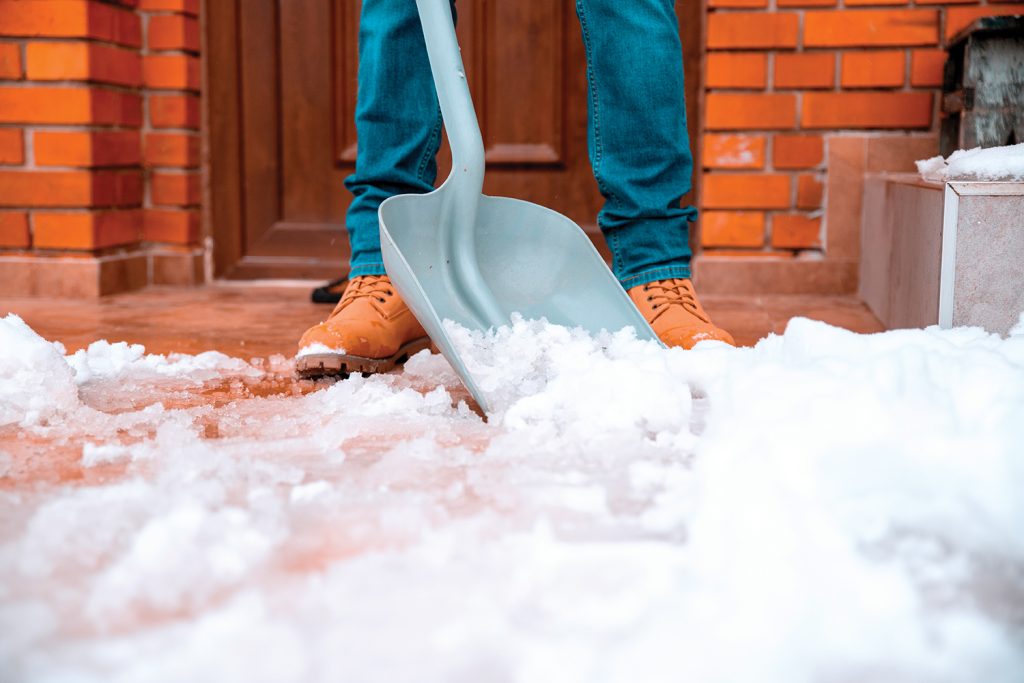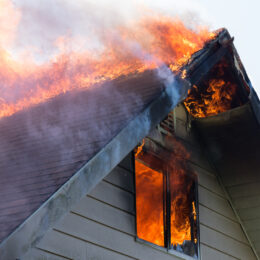
When winter arrives, Hoosiers are never sure of what to expect. Indiana winters include everything from heavy snows, to freezing rain, to ice storms — sometimes all in one day. All of those forms of winter weather can create electrical hazards, warns Indiana Electric Cooperatives.
“Being safe around electricity is a year-round need, but Indiana winters include many dangerous hazards, especially where power lines are concerned,” said Jon Elkins, vice president of safety, training and compliance at Indiana Electric Cooperatives. “Snow and ice often accumulate on power lines, and the added weight may cause them to snap off the power poles, or to cause the poles to break,” Elkins explained. “That can bring power lines into contact with the ground, trees, homes, vehicles and other objects. If people or pets come in contact with a live power line, they can suffer serious injury or even death.”
During dangerous conditions, many residents may be confined to their homes for days at a time. That’s why it is important to have a plan in place, especially during these prolonged outages. To better prepare for a power outage, your electric co-op recommends members keep a storm preparedness kit fully stocked. The basic supplies in this kit should include:
- Bottled water
- Non-perishable food
- Emergency blankets
- First aid kit/medicine
- Flashlight
- Battery-operated or hand-crank radio
- Extra batteries
- Toiletries
Now that your family is prepared for a prolonged outage, what should you do if the lights do go out?
Keep warm air in and cool air out by not opening doors to unused rooms. Do not open doors to the outside unless necessary.
To protect homes’ electrical equipment during an outage, turn off and unplug all unnecessary electronics or appliances. This will keep equipment from being damaged by surges or spikes when the power returns.
Know how long your home health-care supplies will last and have a backup plan. Plan for a safe alternative source such as a portable battery or generator if electricity is not available. Plan to get to a health-care facility should your health worsen or if you are going to run out of necessary power.
When in doubt, throw it out | Food safety reminders during an outage
During an outage:
First, use perishable food from the refrigerator. Perishables should have a temperature of 40 degrees Fahrenheit or below to be safe to eat. Use food from the freezer after consuming refrigerated food.
An unopened refrigerator will keep food cold for about four hours.
A full freezer will keep the temperature for about 48 hours (24 hours if it is half-full) if the door remains closed.
If it looks like the power outage will continue beyond a day, prepare a cooler with ice for your freezer items.
Keep food in a dry, cool spot and cover it at all times.
After an outage:
Throw away any food (particularly meat, poultry, fish, eggs and leftovers) that has been exposed to temperatures higher than 40 degrees Fahrenheit for two hours or more, or that has an unusual odor, color or texture.
Never taste food or rely on appearance or odor to determine its safety. If it has been at room temperature too long, bacteria causing food-borne illnesses can quickly grow.
If you are not sure food is cold enough, take its temperature with a food thermometer. If it is colder than 40 F, you can refreeze it.



